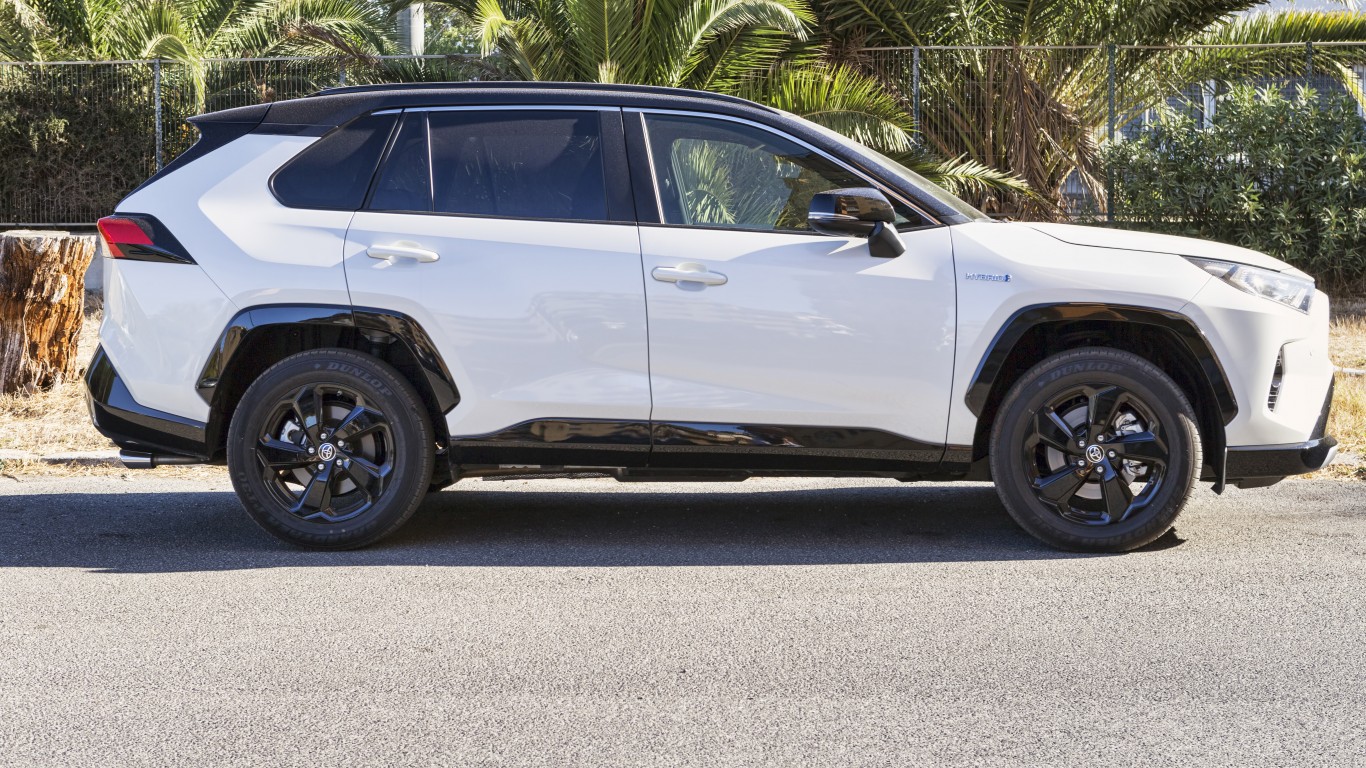

Ford Motor Co. (NYSE: F) expects to use renewable energy for the entire state of Michigan. It will be powered by solar energy growth at utility company DTE. The plan will add 650 megawatts of solar energy capacity by 2025. Ford wants its entire business to be carbon neutral by 2035. Each and every car made in Michigan will be via carbon-neutral energy.
Ford said the energy purchase was the largest of its kind in U.S. history. Ford CEO Jim Farley said, “This unprecedented agreement is all about a greener and brighter future for Ford and for Michigan.” Ironically, Ford’s vehicles have polluted the air for over a century.
Ford’s decision hopefully will be a spur for other car makers to do the same. In fact, it should be an encouragement to any large manufacturing company in the world.
At the same time Ford has begun to go green in Michigan, its largest electric vehicle (EV) project just became less likely to be helpful to renewable energy as part of lowering vehicle emissions. Ford added about $7,000 to the price of its new F-150 Lightning. This will cause some people to turn to other vehicles, some of which will be the gasoline-powered version of the F-150, the U.S sales of which have been around 700,000 a year. If so, Ford will contribute to air pollution as much as any other car company that will sell inventory in the United States.
The Ford announcement shows how energy consumption at car companies falls into two tiers. One is the manufacturing process itself. The other is the emissions from vehicles.
The EV share of the U.S. auto market is only 4.6% of the total. That means EV sales have a long way to go before they have a meaningful cut. In the meantime, Americans may not adopt EVs as fast as manufacturers would like. Some Americans shy away from EVs because they do not trust them. Others shy away because they are expensive. Yet others complain that EV charging stations are not plentiful outside large cities.
Thank you for reading! Have some feedback for us?
Contact the 24/7 Wall St. editorial team.
 24/7 Wall St.
24/7 Wall St.


